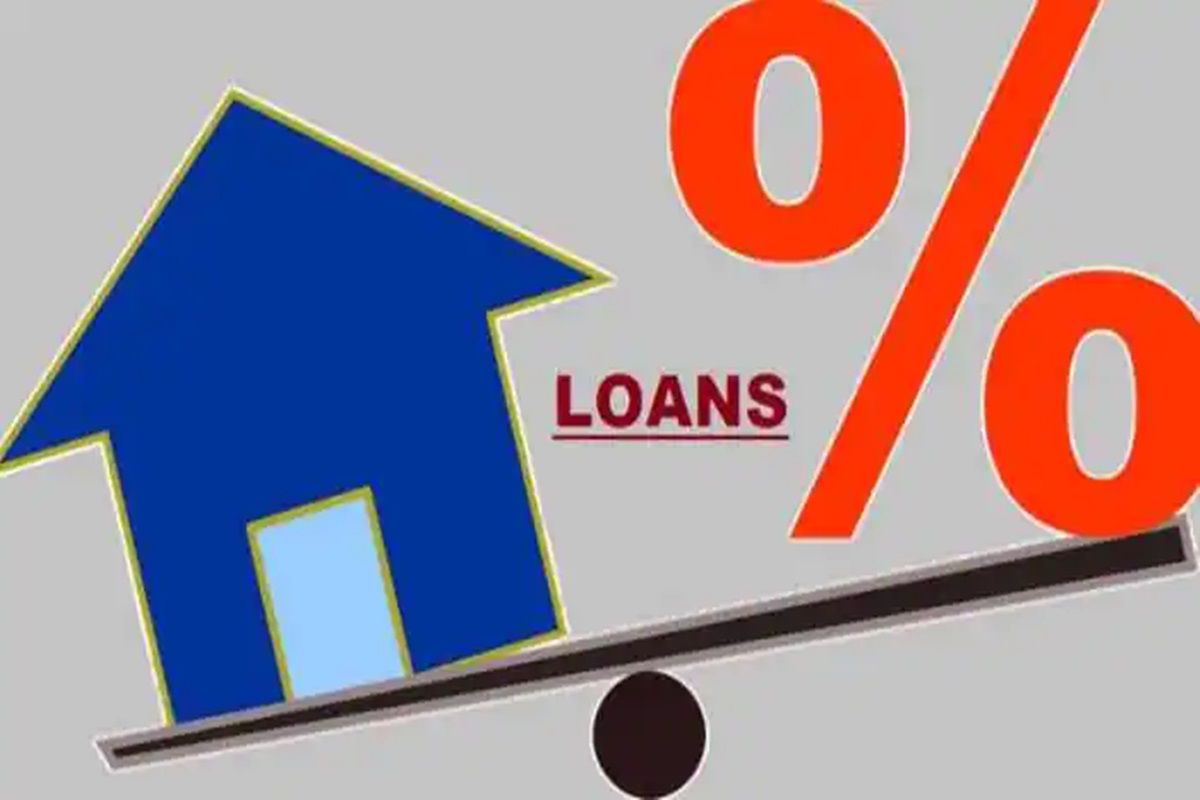
When you are self-employed, means there are so many reasons bank furnishing for rejecting the home loan application such as fluctuating income, inadequate bank balance, and firm related issue like not having GST certificate, startup firm (in case you are new to business) and what not however, by keeping in mind certain points you too can increase your chances of getting acceptance for home loan.
1 Keep in mind that the home loan sanction process is not smooth, especially when you are self-employed compared to a salaried person. For entrepreneurs or business owner, financial institution s ask the following key documents while processing for home loan application such as, personal identity proofs, savings and current account bank statements of the last six months, PAN card, educational and professional qualification certificates, residential address proof, last three years’ ITRs and audited financial statements (attested by a chartered accountant) and proof of the business’ existence. Hence, keeping all these documents intact is utmost necessary. Now with technology, evaluating a home loan applicant’s profile becomes easy, and many banks are offering home loans to the self-employed as the demand for home loans in the self-employed segment is growing across cities.
2 When you are in the non-professional segment, it is also a sign that you may face loan rejection due to fluctuating income. Though many banks still offer a home loan, chances are there that you could get a lower amount than required or the interest rate is higher than what they offer for professional self-employed. Banks prefer self-employed professionals such as doctors, chartered accountants, company secretaries, lawyers, and engineers. Self-employed non-professionals include working in jewelry, real estate sectors, trading, contractors, and consultants/advisors with commission income.
3 Company or business’s stability and tax return is one important factor which is also checked by lenders when you apply for a home loan. Your business must show profits, revenues and tangible net worth at the time of applying for a home loan which means your business should be at least 3- 5 years old. When you are running a startup with no profit to show which means you should be ready to face challenges while getting a home loan approval due to no profit, stability of income etc. To verify your income, banks ask for past two to three years ITR statements.
4 The bad credit history can toll on your credit score and can give you a shock of home loan rejection. Lenders evaluate your credit report before going forward with your home loan application. Still you can bang on home loan approval with low credit score but remember only few lenders who may offer a home loan at lower credit score to the self-employed, but that comes at very high interest rates.
Though Credit Score is important, lenders is not rely on this alone, but also check repayment history of credit card dues and other loans, bad accounts, i.e. if any credit account is settled with write off, suit filed or settlement by the financial institutions.
5 Financial institutions calculate your Debt-to-Income ratio to estimate the ability to pay EMIs. In case you have any existing loan, the financial institute will likely adjust the eligible loan amount against the Debt-to-Income ratio which ranges between 50-60 percent. In case the EMI percentage is more than required, one can close any ongoing short-term loan which will significantly enhance the sanctioned amount.
Also, here we are bursting some myths related to home loan such as,
Shorter home loan tenure is better than long term, but that comes with its own cons such as that it has higher EMI and you cannot reserve some funds for emergency or other purpose and this can likely lead to default and toll on your credit score.
Lower interest rate is a flashy thing, but the lender may ask for a lower loan-to-value ratio, and you have to put a higher down payment. There is also a possibility that lenders may charge higher processing fees and other charges in return to offering lower interest rates. Hence, it is important that you have a holistic view while checking for a home loan and not just check the interest rate.
All home lenders are looking only for a high credit score, but this is rather a myth because other than credit score, lenders take other factors in consideration while evaluating your home loan application such as, income proof, debt-to-income ratio, stability of job, property valuation, last 3 year ITRs etc. However, it does not mean you should linger on your credit score.
Fixed interest rate is better than floating rate due to fluctuating rate since it is believed that market is unpredictable hence it is better one should go with fixed rate. However, floating rate is better because it is usually lower than fixed rate which results in lots of savings over the entire loan tenure. And one can also think that if the interest rate fluctuates, the effect will not be stagnant for a long period and it will be typically adjusted in month time.
Prepayment closure penalties is one which can create fear in the mind of home loan buyers, but this is not in current practice because RBI has restricted banks and HFCs to collect penalties on foreclosure of home loan especially in case of floating interest rate. Though this is the same for fixed interest rates, one can ideally close after certain numbers of years.
We hope this merits your consideration while thinking about home loan when you are self-employed and also this will clear all your myths related to home loan.




